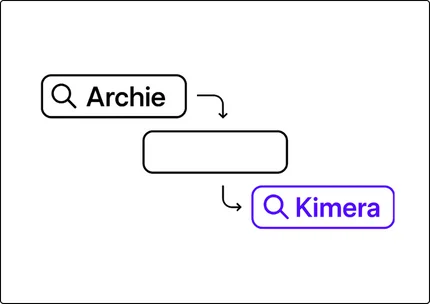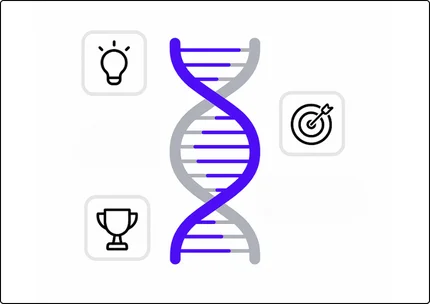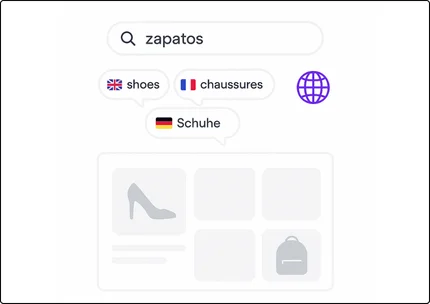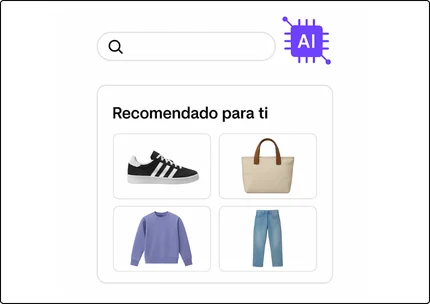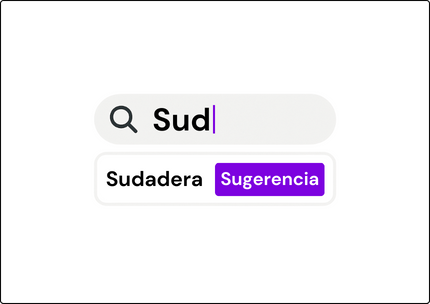Is Language a Problem for Our Search Engine?

We live in a diverse world, with approximately 8 billion people and thousands of different languages. This linguistic diversity can present unique challenges, especially in the realm of e-commerce and online product searches. How can a search engine overcome these language barriers and ensure that users find what they are looking for, regardless of the language they speak or the terms they use? The answer lies in the precision and ability to recognize synonyms, as the Kimera search engine does.
The Language Challenge in Product Search
Each country, and often each region within a country, has its own language and its own ways of referring to products and services. For example, a simple product like a “shoe” can be called various names in different places: “calzado” in Spain, “tenis” in Mexico, “sneaker” in the United States, and “trainer” in the United Kingdom. If a search engine cannot recognize these variations, the user may not find the product they need, leading to a frustrating experience and potentially a lost sale.
The Solution: Synonym Recognition
The Kimera search engine is designed to overcome these language barriers through the functionality of synonym recognition. This means that regardless of what you call a product, the search engine can understand and provide relevant results.
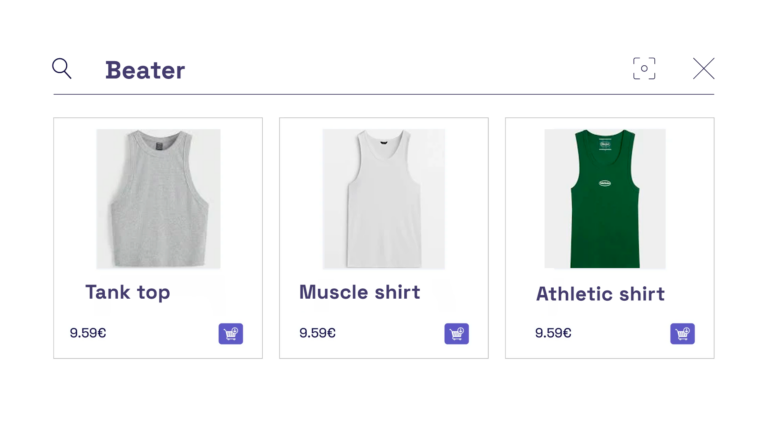
For example, if you are searching for a “shoe,” Kimera will also show results for “calzado,” “tenis,” “sneaker,” and “trainer.” This ability to understand and associate synonyms is crucial for a successful and satisfying search experience.
The Importance of a Precise Search Engine
- User Experience: A precise search engine significantly improves the user experience. Customers can quickly find what they are looking for without having to guess or try multiple search terms. This not only increases customer satisfaction but also reduces the site’s abandonment rate.
- Increased Sales: When users can easily find the products they are looking for, they are more likely to make a purchase. An efficient search engine that understands synonyms can increase conversions and, ultimately, sales.

3. Global Accessibility: A search engine that recognizes synonyms and different terminologies makes your business accessible to a global audience. This is especially important for online stores that want to expand their reach to international markets.
4. Reduction of Frustration: A search engine’s ability to understand linguistic variations reduces user frustration. This is essential for keeping customers engaged and happy with their experience on your website.
Kimera has implemented advanced synonym recognition technology to ensure that linguistic diversity is not a barrier to finding products. Whether a customer is searching for “gafas,” “lentes,” or “anteojos,” our search engine provides accurate and relevant results. This functionality not only enhances the user experience but also ensures that products are easily accessible regardless of language differences. Stop wasting time and let them find your products with Kimera, the search engine that understands all languages.





